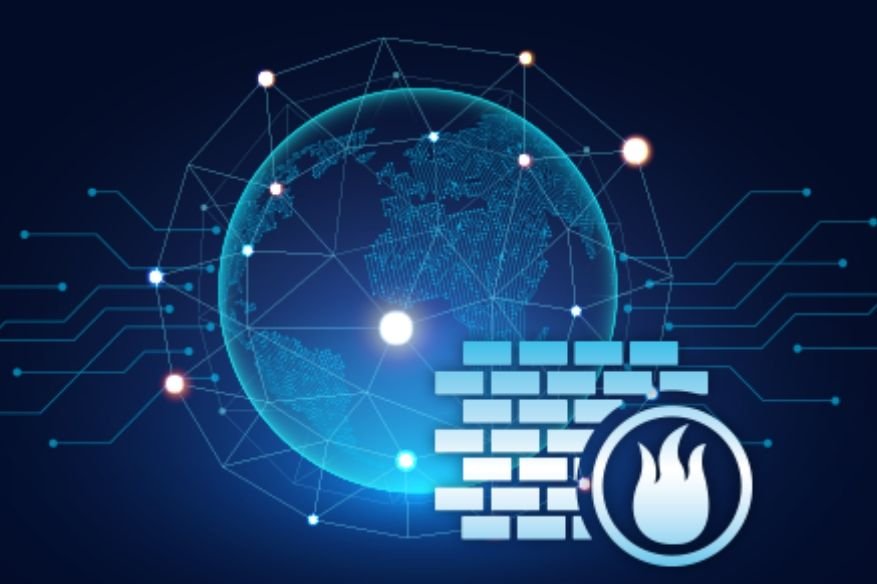7 Basic Firewall Fundamentals People Need To Know

Firewall is a basic security blanket in corporate security, it used to be huge appliances that go between the ISP’s modem and the enterprise’s main network switch. Filtering traffic, preventing packets to arrive if it came from an untrusted node. The mode in which system administrators and network administrators roll-out a corporate router changed through the years, we now have multi-gigabit firewall appliances compared to the anemic 10baseT standard of the network from the past. Besides, previous decades we saw how TCP/IP had taken over the network protocol market share and mindshare, no one in the mainstream networking space uses old protocols such as NetBios and NetBEUI.
Here in hackercombat.com, we provide you with information about Firewalls in bite-size pieces, which can be digested without too much IT knowledge nor experience:
Firewall protects against viruses
Some SOHO firewalls have virus scanner capabilities. On the other hand, many enterprise firewalls are used to secure the network and do not have this function. Anti-virus protection is left to other specialized hardware or system software.
Hackers does not notice my presence behind the firewall
If your organization’s firewall is configured to block all external communication, the cracker can not see the hosts present in your network. However, if you find your email address somewhere, you can send a phishing email and try to forgive you. For example, you can use Google etc to know your organization’s information. Be careful not to leak information on the Internet.
Firewall is hard to set up
Many firewalls allow all traffic going out of the internal network and reject all traffic going from outside to inside, even without configuration. Also, many firewalls can be easily configured via the web interface. High-end firewalls may be difficult to set up, but common business firewalls are easy to operate.
It is all right because there is a firewall
Many companies have felt that just installing a firewall has made them secure. This often leads to the dangerous idea that we have no security risk. Firewalls are important. However, firewalls only protect the network in which they are installed. In addition, it protects only the item within the set range. Many people think that firewalls can protect against viruses, spam, and crackers. Of course, this idea is not correct.
Firewall protects against spam
Some “all-in-one” SOHO firewalls have anti-spam features, but others do not come with spam features.
A free firewall is useless
In many cases, quality is proportional to price, but thanks to open source software, this is not always the case. For example, OpenBSD configured as a firewall is very effective.
If your company is behind a firewall, there is no need to put a firewall on your desktop. The company’s firewall prevents the bad guys from getting into the network. But what if the bad guys are the ones who work in your company? Desktop Firewall protects your computer itself. If for some reason the worm penetrates into your network, the desktop firewall will protect your computer.
I do not need a firewall
You already have one by default, the Modem+router provided by an ISP features NAT (Network Address Translation), a rudimentary firewall by functionality. All operating system since Windows XP Service Pack 2 has a firewall by default.
Also, Read
What is Virtual Firewall? | How Virtual Firewall Works?
Web Application Firewall (WAF)- What it Does?